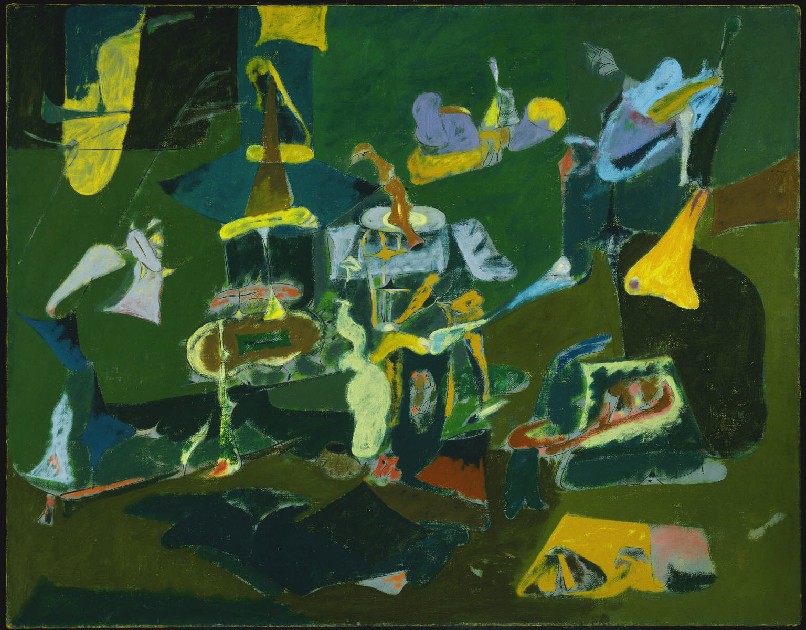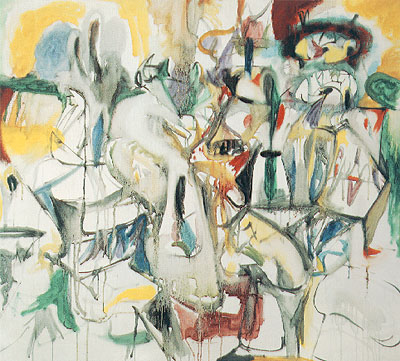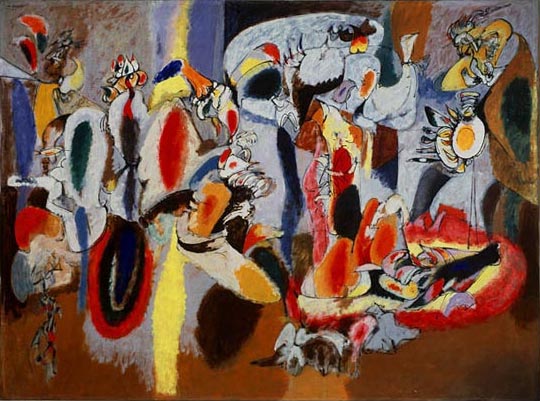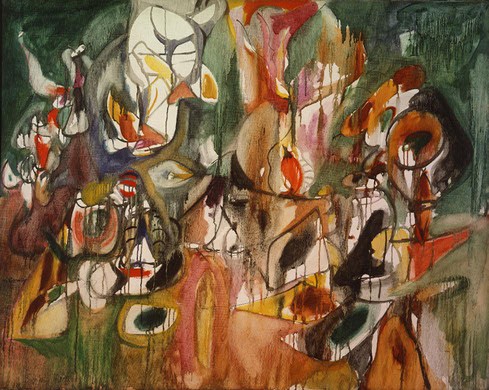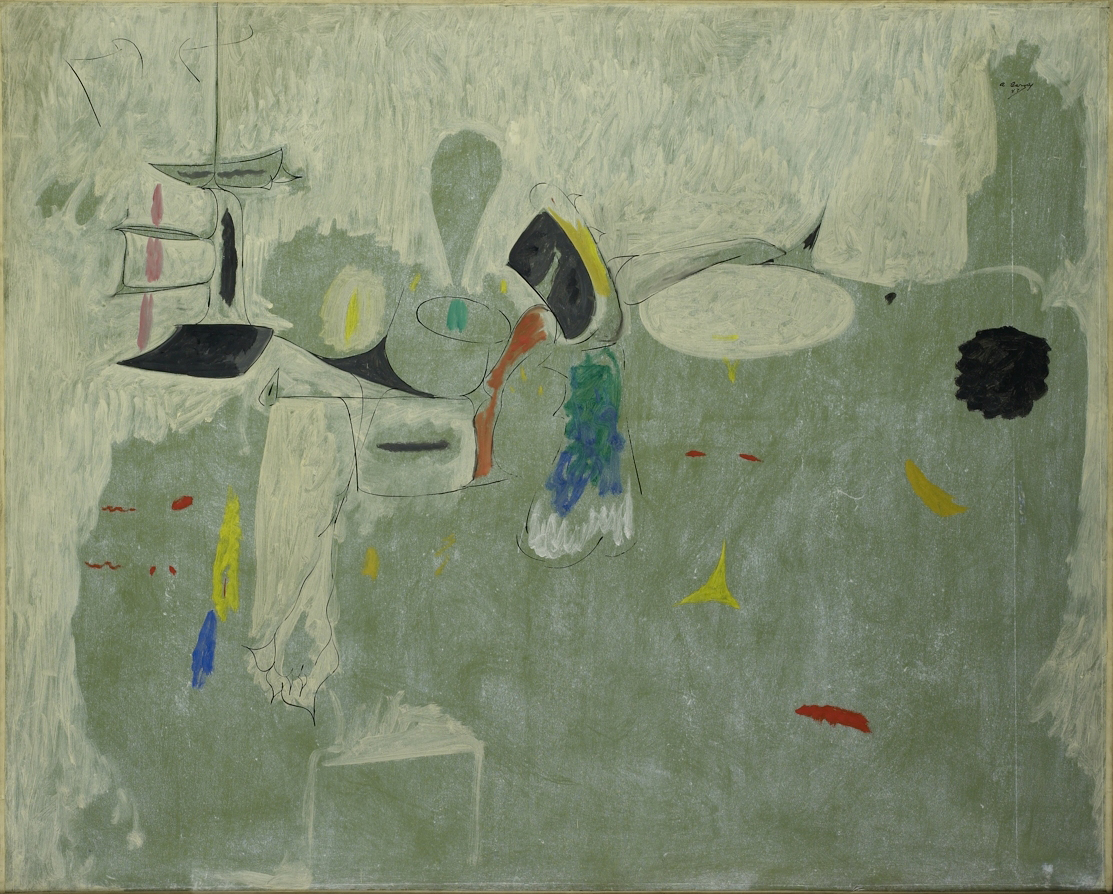Michael R. Taylor
Lecture 7: Arshile Gorky and Abstract Expressionism: A Contested Story
This lecture will explore Arshile Gorky’s complex and often misunderstood relationship with the Abstract Expressionist movement. The initial reception of Gorky’s work after his death in 1948 paved the way for his gradual assimilation into the canon of Abstract Expressionism as it was formed in the 1950s by, among others, Clement Greenberg, Harold Rosenberg, Thomas Hess, Sam Hunter, and Dore Ashton. Gorky’s work was acclaimed by these critics and art historians as an important precursor to the large-scale abstract paintings of his friends and colleagues, such as Willem de Kooning, Jackson Pollock, and Mark Rothko. Although universally accepted at the time, this reading of Gorky’s work has been contested in recent years, since it deliberately downplays the artist’s longstanding allegiance to Surrealism during his lifetime, leading to a fundamental misreading of his work and its meaning.
Michael R. Taylor is Director of the Hood Museum of Art at Dartmouth College, Hanover, New Hampshire. He was previously Muriel and Philip Berman Curator of Modern Art at the Philadelphia Museum of Art. His most recent exhibitions at the Museum include Picasso and the Avant-Garde in Paris (2010); Marcel Duchamp: Etant donnés (2009); Arshile Gorky: A Retrospective (2009); Salvador Dalí: The Centennial Retrospective (2005); and Giorgio de Chirico and the Myth of Ariadne (2002). Dr. Taylor studied at the Courtauld Institute of Art in London, where he wrote a masters thesis on Richard Hamilton and a doctoral dissertation on Marcel Duchamp’s readymades. He has published widely on Duchamp, Dada, and Surrealism. In 2009 he co-curated with Carlos Basualdo the Bruce Nauman exhibition at the American Pavilion for the 53rd Venice Biennale (winner of the Golden Lion award for best national pavilion). Future projects include an exhibition on Surrealism in the 1940s that focuses on myth, magic, and eroticism. In 2010 Dr. Taylor’s book Marcel Duchamp: Etant donnés won the George Wittenborn Prize for outstanding research and scholarship in the field of art history.

